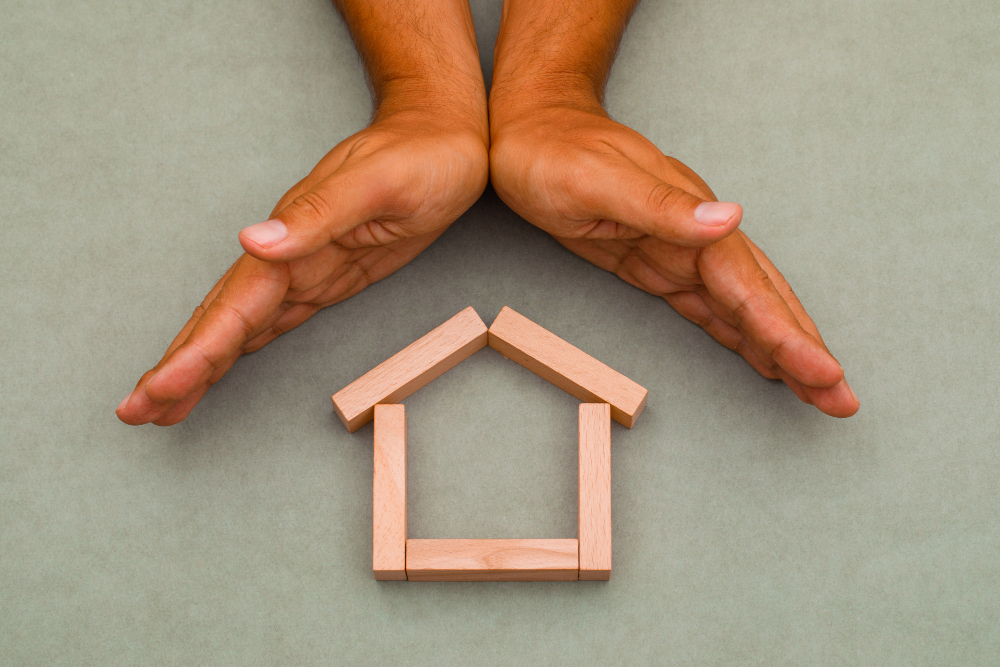When it comes to homeownership, safety should be a top priority. Ensuring that your home meets safety codes is essential to maintain your property's value and avoid potential legal issues. While safety codes can seem complex, understanding the basics and following some fundamental guidelines can help keep your home safe and up to standard. Here's what you need to know to ensure your home meets essential safety codes.
1. Understand the importance of safety codes
Safety codes are designed to protect you, your family and your property from potential hazards. These regulations cover everything from electrical systems and plumbing to fire safety and structural integrity. Meeting these codes ensures your home is built or renovated to minimize risks such as electrical fires, water damage or structural failures. Moreover, adhering to safety codes can prevent costly fines, legal issues and complications when selling your home.
2. Check your electrical system
Your home's electrical system is one of the most critical areas to ensure code compliance. Faulty wiring or outdated systems can pose serious fire hazards. Regularly inspect your electrical panels, outlets, and wiring to ensure they meet current safety standards. If you live in an older home, consider upgrading to modern circuit breakers and GFCI (Ground Fault Circuit Interrupter) outlets, which are required in areas with high moisture such as kitchens and bathrooms. Hiring a licensed electrician to inspect and update your electrical system is a smart investment in your home's safety.
3. Ensure proper fire safety
Fire safety is an essential aspect of home safety codes. Make sure your home has working smoke detectors installed in key areas, such as bedrooms, hallways and the kitchen. Installing carbon monoxide detectors is also essential, especially if you have gas appliances or an attached garage. Regularly test these devices and replace their batteries at least once a year. Additionally, consider keeping a fire extinguisher easily accessible in the kitchen and another one near the bedrooms.
4. Maintain safe plumbing systems
Plumbing might not be the first thing you think of regarding safety, but ensuring your plumbing system is up to code is vital for preventing water damage and potential health hazards. Check for leaks, drips or corrosion in pipes, and ensure that your water heater is correctly installed with a temperature and pressure relief valve. Backflow prevention devices are required in some areas to prevent contaminated water from entering your home's supply. Regular maintenance by a licensed plumber can help you avoid costly water damage and keep your home's plumbing safe and efficient.
5. Focus on structural integrity
The structural integrity of your home is foundational to its safety. This includes ensuring that the foundation, walls, roof and support beams are all in good condition and meet safety standards. Cracks in the foundation, sagging roofs or shifting walls can indicate serious structural issues that need immediate attention. Regular inspections with us can help you identify potential problems before they become major concerns.
Ensuring your home meets safety codes is an ongoing responsibility protecting your family and investment. If you need clarification about your home's compliance or need assistance with upgrades, contact us so we can guide you through the process and help you make necessary improvements.

